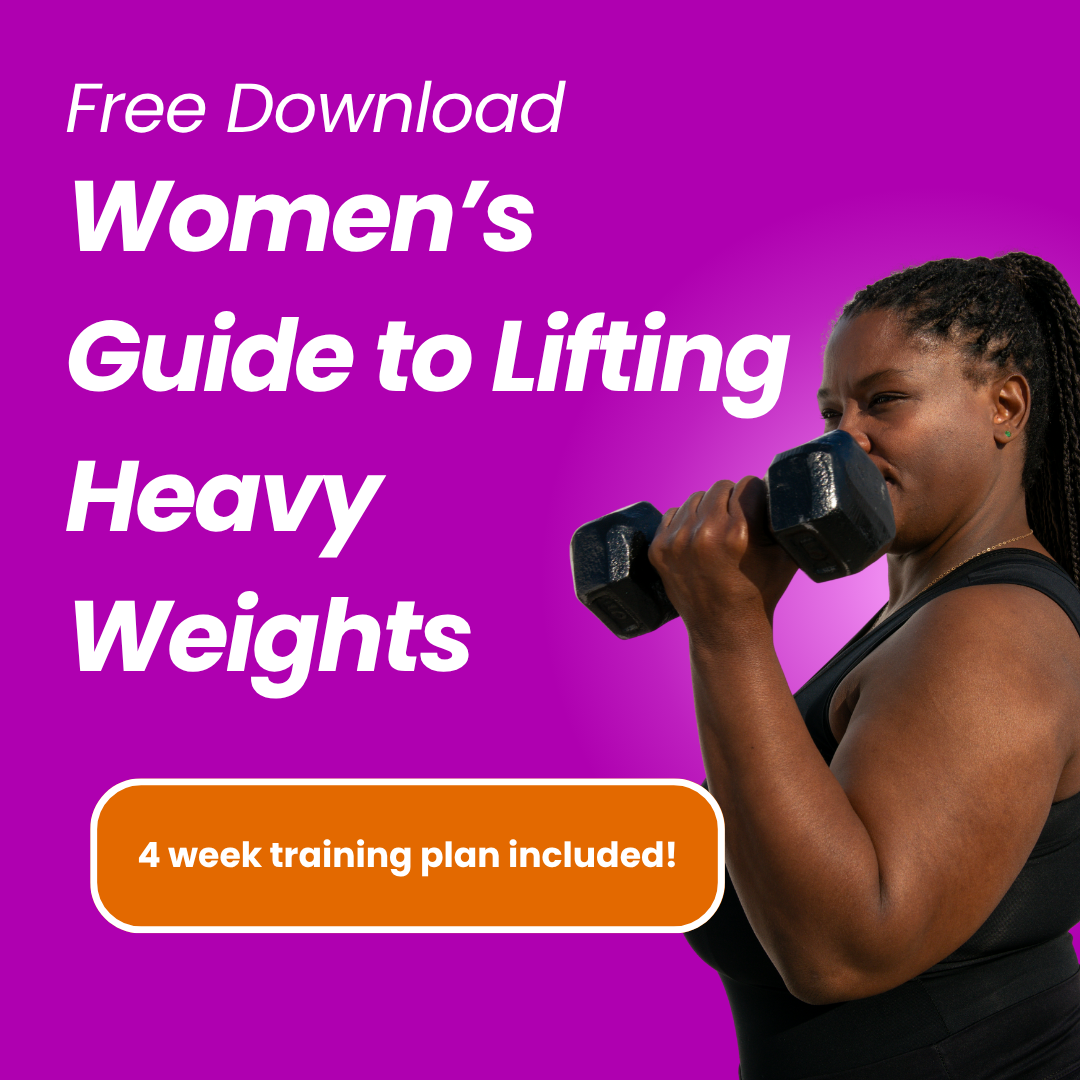Blog
By Carla DiGirolamo MD, CFL1
The simplest way to build an efficient and effective workout is to select two movements that complement each other and bring them to life within a set time domain.
Why is time so important? Because intensity equals the amount of work performed in a given timef...
By Carla DiGirolamo MD, CFL1
During mid-life, we need to pay more attention to our joints. The hormonal changes of this stage of life cause tendons and ligaments to change in character and the decline in muscle mass can lead to joint instability. Not to mention, our joints seem to hurt more! ...
By Carla DiGirolamo MD, CFL1
This workout not only challenges your ability to recover within the 1-minute intervals, but it also challenges your mental grit because there is no clear endpoint! Your goal is to last for as many minutes as you can doing the prescribed movements and repetitions ...
By Carla DiGirolamo MD, CFL1
“Tabata” is an amazingly versatile style of high-intensity interval training (HIIT). It is classically performed on a clock where each round includes 20 seconds of work followed by 10 seconds of rest for anywhere between 4 and 8 rounds (totaling 2-4 minutes).
...
By Carla DiGirolamo, MD, CFL1
This week, our workout will be about taking care of our shoulders. Joint care work is just as important as the soul-crusher workouts. So let’s take a breather and honor our shoulders!
The shoulder joint is one of the most complex joints in the human body and ...
By Carla DiGirolamo, MD, CFL1
Functional fitness and CrossFit-style workouts achieve fitness gains by strategically grouping movements together to achieve a certain stimulus. You will often see heavy lifts paired with endurance segments that challenge your ability to adapt moving quickly from...
By Carla DiGirolamo MD, CFL1
This week our movement focus is the Bear Crawl. But this isn’t just any Bear Crawl. This is a weighted Bear Crawl with dumbbells! When combining this movement with other movements such as the Devils’ Press and the Jumping Air Squat, you might think that the Bear C...
By Carla DiGirolamo MD, CFL1
If you have been following me for any length of time, you know that I am a huge proponent of core training. The reason I focus so much on this is because during mid-life, our joints become more unstable due to loss of muscle mass and changing character and laxity ...
By Carla DiGirolamo MD, CFL 1
Dumbbell complexes are a great way to build muscle power, strength, and cardiovascular endurance – not to mention all the bone health benefits of resistance training. This workout also requires just one set of dumbbells and minimal space – so it can be done anywh...
By Carla DiGirolamo MD, CFL1
Monostructural (single-movement) workouts are an essential complement to any training program. They allow undivided attention to movement mechanics without distraction by fatigue or complexity generated by the addition of other movements. These workouts typically ...
By Carla DiGirolamo MD, CFL1
This workout is chock full of what every midlife woman needs: plyometrics for our bones, strength training for muscle and metabolic health, and cardiovascular stimulation for a healthy heart!
The triceps are an often overlooked muscle group, overshadowed by th...
By Carla DiGirolamo MD, CFL1
This week we are focusing on an awesome movement called the Sumo deadlift high-pull (SDLHP). This is a great “minimal-equipment” alternative to rowing, whether it be on the water or on the Concept 2 rower at your gym.
I love this movement because it is a full...














